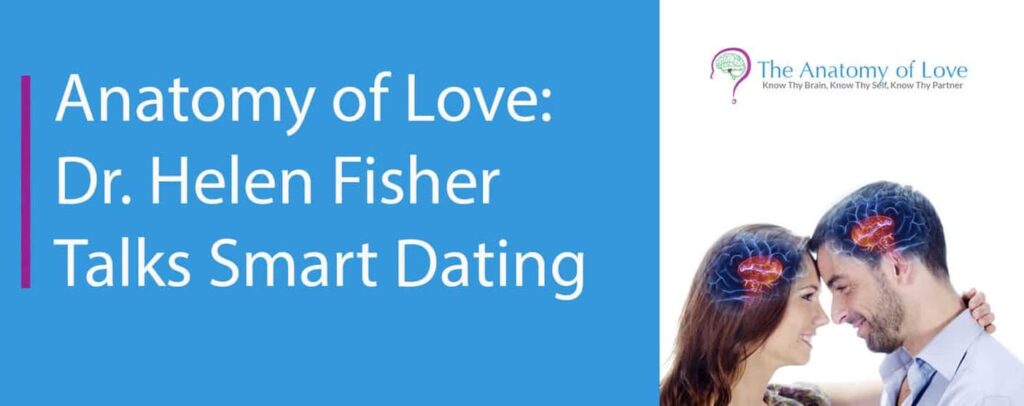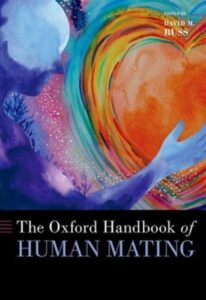
Written by: Sheena Holt
Edited by: Lillian Guevara-Castro
Updated: April 15, 2023
Sometimes, it feels like all news is bad news. Murder rates are increasing. The economy is approaching a recession or facing staggering inflation. The housing market is about to collapse, but no one can afford a home. Climate change will bring on the apocalypse in 100, 50, or maybe eight years.
The front-page headlines aren’t necessarily wrong; in some cases, they’ve proven right. But they aren’t the whole story. Terrifying headlines make you want to click on them. They scare you into reading the article from start to finish.
But there is good news out there. It’s just harder to find.
Dr. Helen Fisher, Biological Anthropologist and Senior Research Fellow at the Kinsey Institute, wasn’t sure what she would find when she supervised the design and interpretation of Match.com’s Singles in America study.
“Every year, my colleagues and I create about 200 questions for singles,” said Dr. Fisher, the author and creator of The Anatomy of Love, and Chief Scientific Advisor to Match.com. “About 5,000 people answer the questions each time. We do not poll the Match members; we use a nationally representative sample of singles based on the US Census.”
But over the 12 years since the inception of the Singles in America study, Dr. Fisher has seen many changes in the way Americans date. Many of them are for the better…



